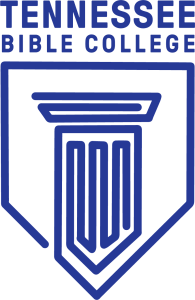A study of the principles of formal deductive logic. Emphasis will be given to the law of rationality and evasions of it, the syllogism, the three laws of thought, and the biblical use of logic.
Requirements for Deduction:
1. Students are responsible for listening to each lecture (all nine of them). The student should obtain a copy of Lionel Ruby's book, Logic, An Introduction. The lectures are based on chapters six through twelve of Ruby's book.
2. The student will be responsible for the material in each lecture. His final grade will be the average of the scores made on the tests for all the chapters. There will be a test on each chapter.
3. Anyone in the doctoral program will also be required to read (1) Logic and the Bible and (2) When Is An "Example" Binding? by Thomas B. Warren.
Material to be Covered in This Course (See the table of contents in Ruby's Logic book)
1. The difference between assertions and logical arguments. The law of rationality and the various evasions of it (Chapter 6).
2. The syllogism, the four types of propositions; subject and predicate relationship; the distribution of terms (Chapter 7).
3. Analyzing the categorical syllogism; rules of the syllogism; diagramming the syllogism (Chapter 8).
4. The syllogism and semantics; Putting sentences into proper form for syllogistic purposes; Equivalence (Chapter 9).
5. The syllogism and normal conversation; the number of terms possible and essential to the syllogism; analyzing the syllogism in normal conversation; the enthymeme and the sorites; the kinds of relationship between terms (Chapter 10).
6. The relationships of propositions to each other; the seven relationships possible; the square of opposition; the "laws of thought" (Chapter 11).
7. Compound propositions; hypothetical propositions; alternatire propositions; the conjunctive proposition and the negated conjunct; the dilemma (chapter 12).
- Teacher: Kerry Duke
